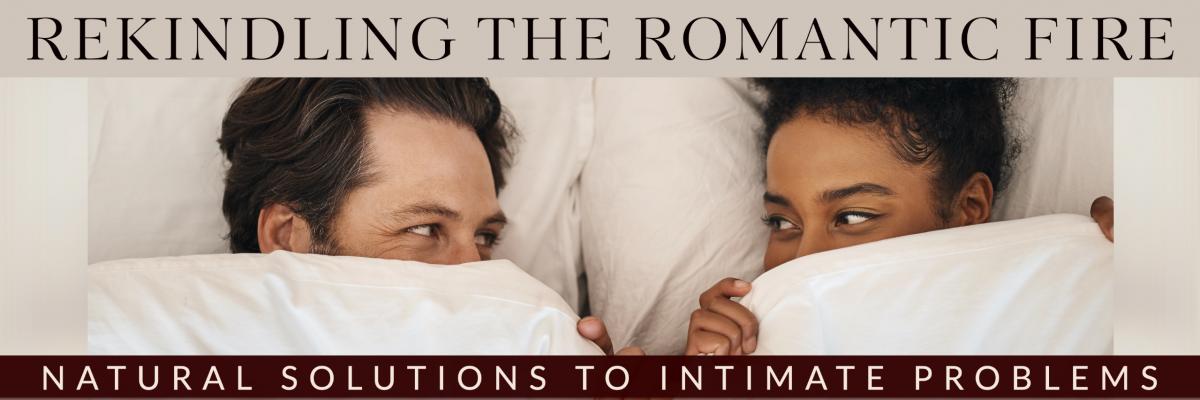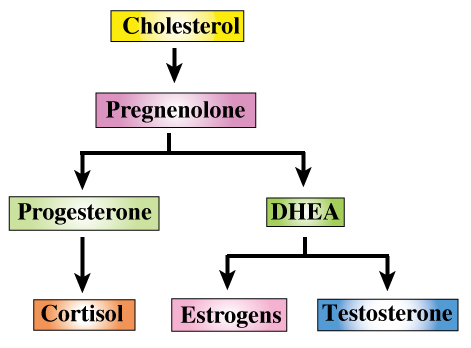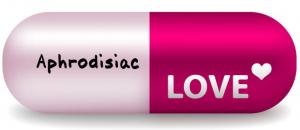
While sexual intimacy isn’t the only ingredient, it is an important for developing the bond of love in a healthy long-term relationship. So, when lack of desire, inability to perform, or other reproductive health issues make it difficult for a man or a woman to enjoy intimacy, it can create friction.
In this issue of Sunshine Sharing, we’ll explore how to overcome some of these barriers to intimacy. We’ll start with lack of desire and then move to solving physical problems that interfere with intimacy, including erectile dysfunction, infections, and other conditions that make sexual activity difficult or painful.
Enhancing the Desire for Intimacy
Sometimes, a partner just isn’t in the mood for sexual intimacy. In fact, it’s a pretty common issue in relationships. In an article in Psychology Today, “Normal Healthy Couples Have Sexual Desire Problems,” David Schnarch, PhD, indicated that 35% of the couples he surveyed almost always have problems with one partner lacking desire, while another 25% reported they usually have desire problems. In contrast, only 9% of couples reported rarely having desire problems and only 6% of couples never had problems with desire.
In surveying 20,000 couples, Dr. Schnarch also discovered that 34% of couples have sex once or twice a month, while only 26% have sex once or twice a week. Only 7% have sex four or more times a week. So, the vast majority of couples (67%) are intimate from once or twice a week to once or twice a month. So, don’t think that your relationship is abnormal if you’ve settled into that pattern, it’s pretty normal.
Stress and Intimacy
 If lack of desire is creating friction in a relationship, one of the things couples can do to increase the desire for intimacy is to reduce stress. Stress adversely affects the levels of sex hormones, which lowers the sex drive.
If lack of desire is creating friction in a relationship, one of the things couples can do to increase the desire for intimacy is to reduce stress. Stress adversely affects the levels of sex hormones, which lowers the sex drive.
The mechanism works like this. Pregnenolone is made from cholesterol and that can either be used to manufacture progesterone or DHEA, the master sex hormone. Progesterone, is used to make the stress hormone cortisol and DHEA is used to make the sex hormones estrogen and testosterone.
Chronic stress causes more pregnenolone to be shunted into the production of cortisol, resulting in lower levels of DHEA. This results in lower levels of sex hormones and reduced libido (and fertility) in both men and women. Chronic stress also creates fatigue and when the body’s energies are low, using energy for sex is a relatively low priority.
Additional Resources
Women’s Encyclopedia of Natural Medicine by Tori Hudson
The Male Herbal by James Green
Cupid’s Poisoned Arrow by Marnia Robinson
Aphrodisiac: The Herbal Path to Healthy Sexual Fulfillment and Vital Living by Kimberly Gallagher and Hay House, Inc.
Strategies for Health by Steven Horne
Become a Member
Steven Horne's monthly member program is a way for you to get great information about herbs and natural healing to build your herbal business. Including the ability to share issues of Sunshine Sharing like this one. Click here to learn more.


